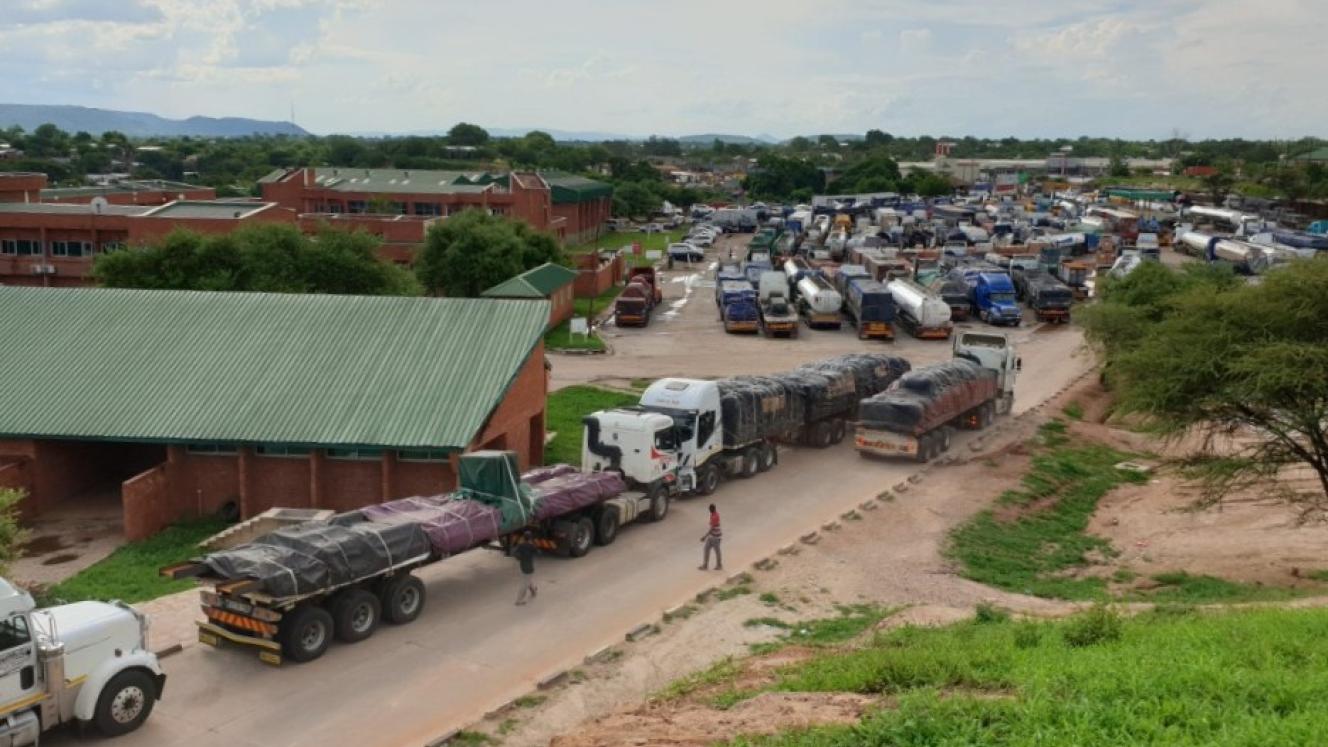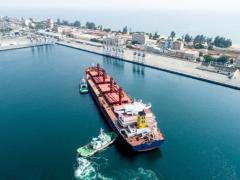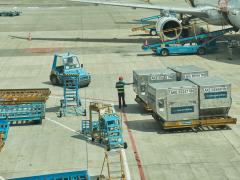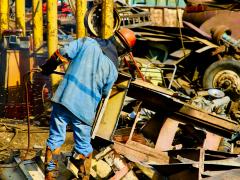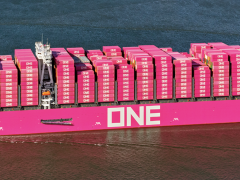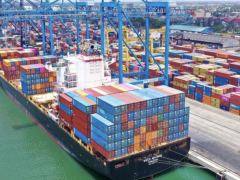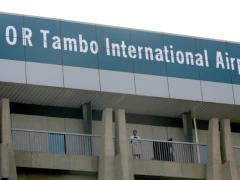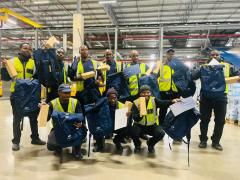Liebherr-Africa has expanded its operations in Mozambique as part of a broader strategy to strengthen its presence in key growth markets across southern Africa. The company has introduced the latest models of maritime cranes and construction machinery tailored to local industry needs, while also rolling out a more localised service model to boost customer support and equipment reliability. “Our aim with this approach is to ensure faster response times and better support for our customers in the region,” said Darren Jankelow, head of sales, maritime cranes and construction machines at Liebherr-Africa. “Our focus is on enhancing the availability of spare parts and providing expert service teams to ensure operational uptime for our clients in the oil and gas, construction and port sectors.” He said there was increased demand for high- performance machinery in the Mozambican market. “This is partly driven by the LNG project in the north of the country, which requires specialised equipment like port cranes, crawler cranes and rough terrain cranes,” said Jankelow. “The key opportunities are in the northern part of the country, where the natural gas sector is booming. These projects require high-capacity, reliable maritime and construction machinery. “We’re also seeing growth in infrastructure development, including roads, ports and mining projects, all of which demand advanced machinery solutions. The government’s ongoing efforts to improve the business climate and attract foreign investment are also driving demand for better and more efficient equipment.” However, Jankelow cautioned that the sector was not without its challenges. “One of the primary challenges remains inadequate infrastructure, particularly in remote areas and along the transport corridors to the north and west,” he said. “This affects the movement of heavy machinery and materials needed for construction and energy projects. Security, particularly in northern Mozambique, also remains a concern, especially in areas where insurgent activity has disrupted operations.” Despite the challenges, activity across Mozambique’s logistics and construction sectors is continuing to gain momentum. Jankelow said volumes had been steadily increasing, particularly in the exportation of bulk commodities through the Port of Maputo. “There are a number of major projects worth noting,” he added. “The ongoing expansion of the Port of Maputo is a key infrastructure development that will significantly improve logistics in the region. Additionally, the development of new gas fields in the Rovuma Basin is a critical driver of demand for Liebherr’s maritime and construction machinery. “These projects are important because they not only increase the demand for heavy machinery but also open up new trade routes and enhance the overall economic infrastructure. “Mozambique’s potential is immense, especially in the energy and infrastructure sectors,” said Jankelow. “For Liebherr, we see significant opportunities to provide advanced machinery solutions that help companies operate more efficiently. The growth we’re witnessing across the country underscores Mozambique’s transformation into one of southern Africa’s most promising markets – and we’re proud to be part of that journey.” LV
